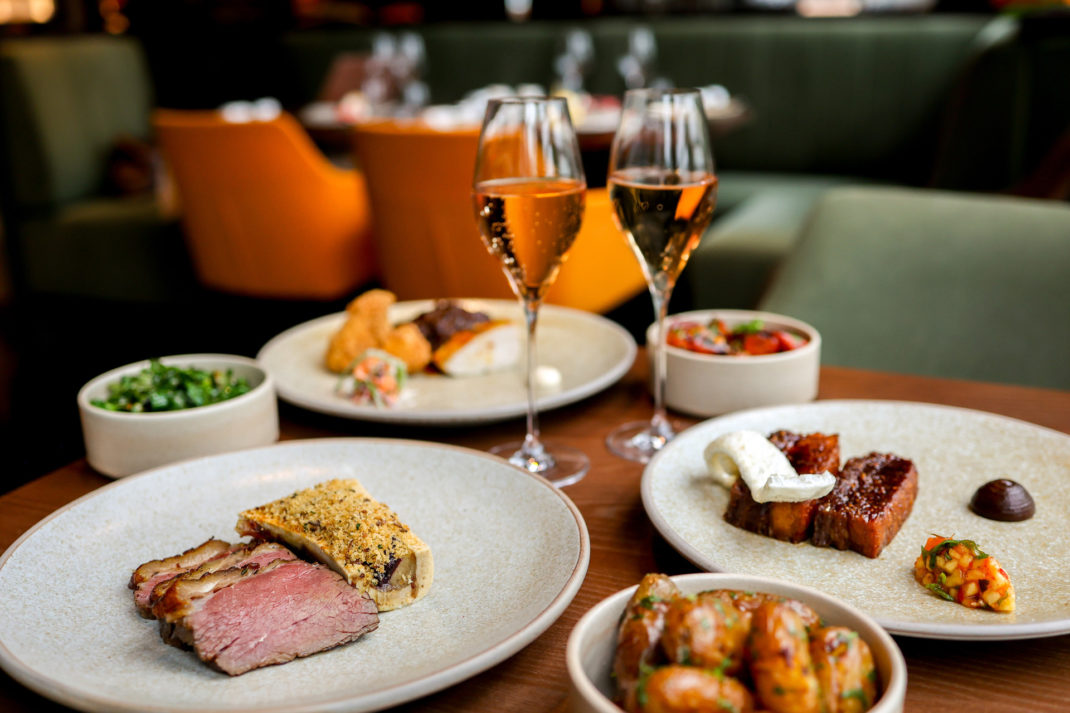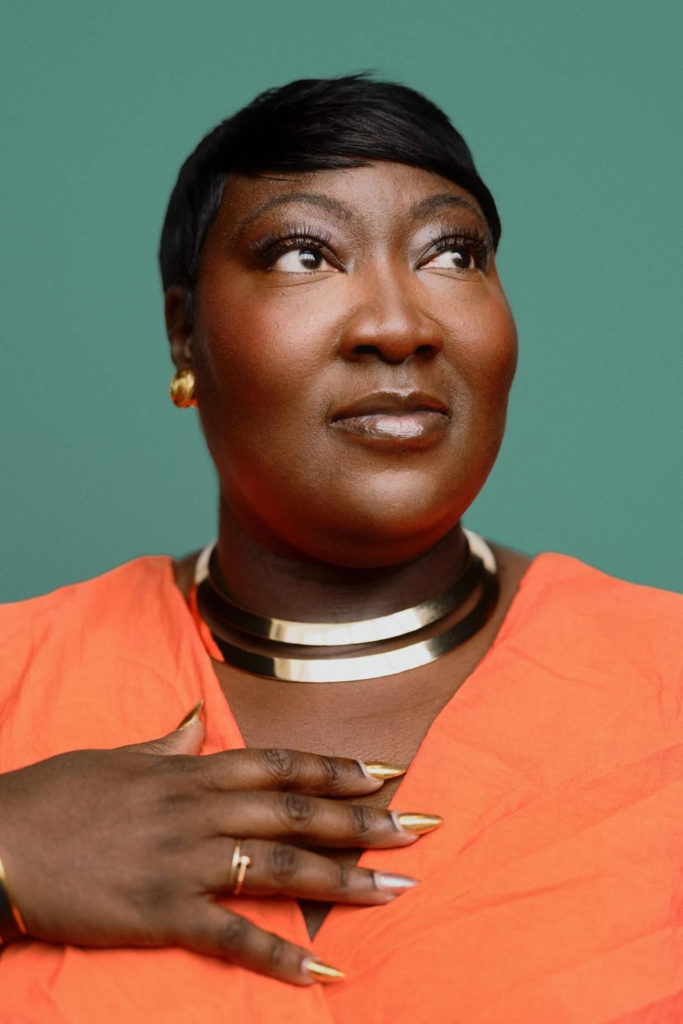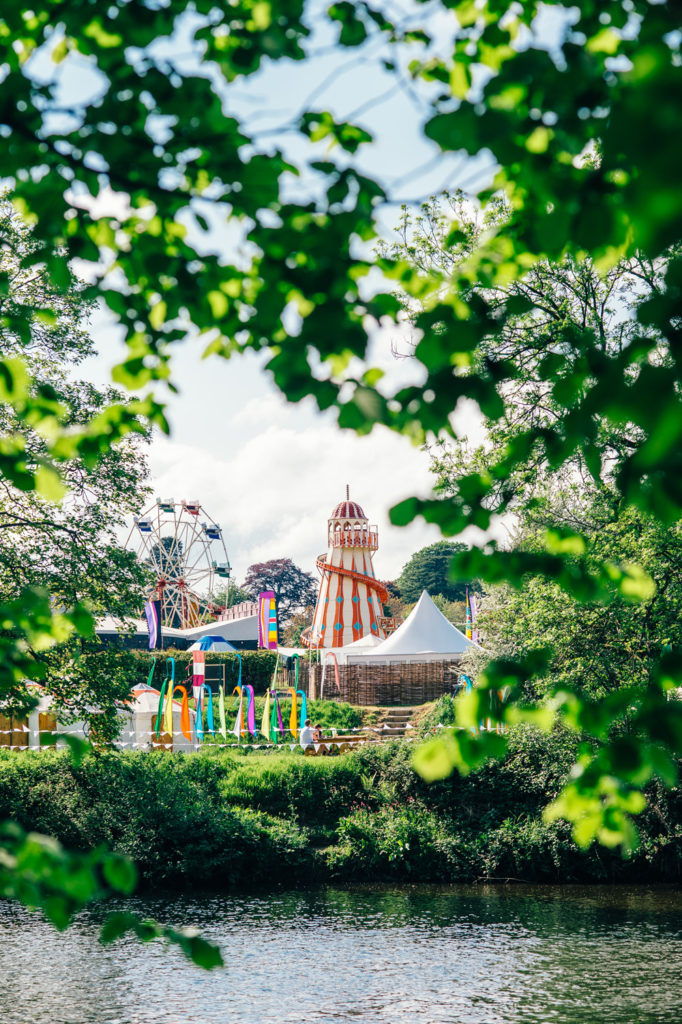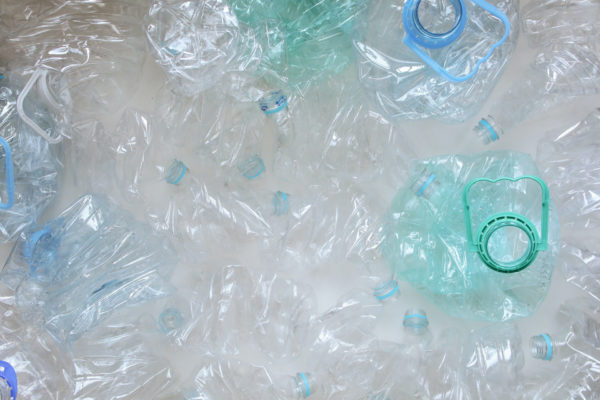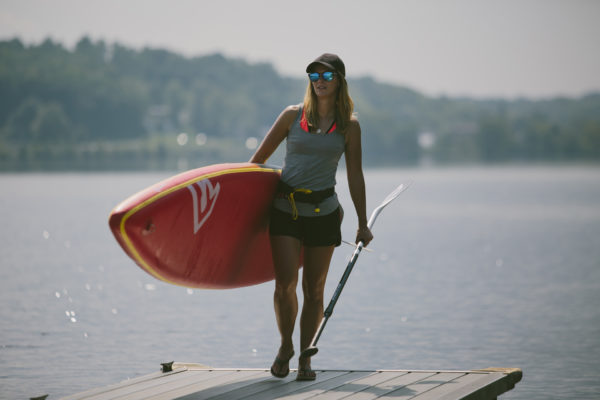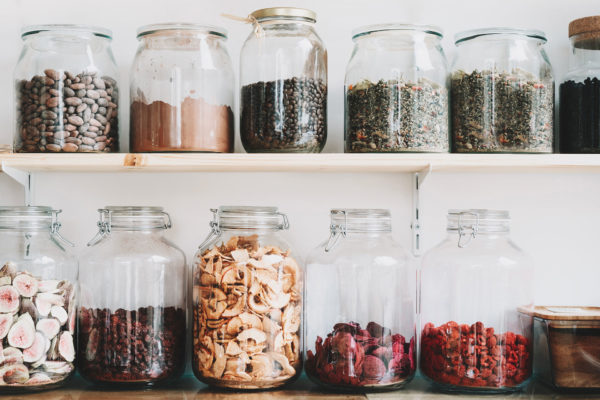Why Is Plastic Free July Important?
By
9 months ago
Inside the plastic crisis, and the initiatives making a difference
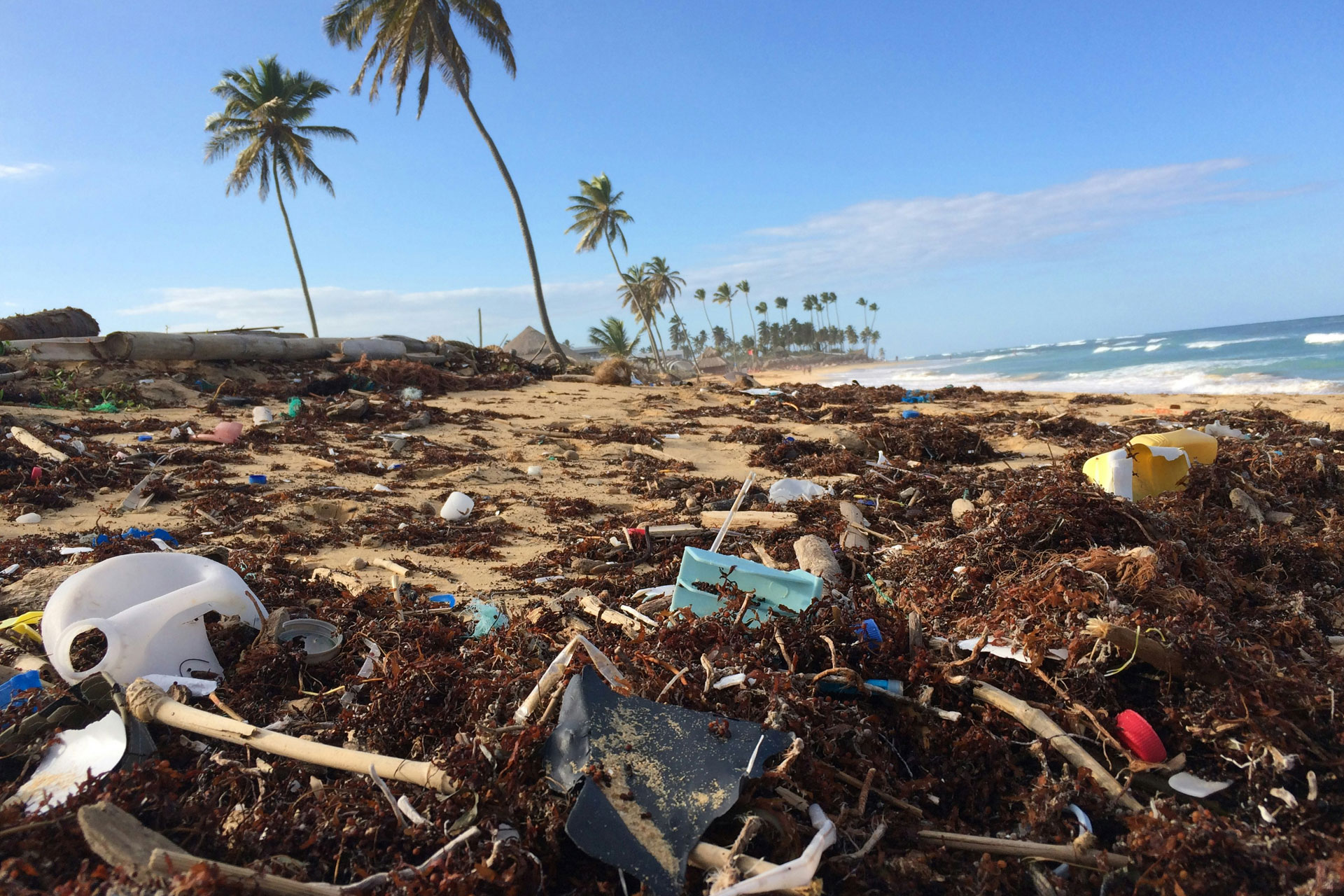
Plastic Free July is a global movement which aims to raise awareness about plastic pollution, and inspire people to be part of the solution. So why is it so crucial? Tia Grazette tells us more.
Plastic Free July: What Is It & How To Get Involved
Plastic pollution is one of the greatest threats facing our planet. It’s in the air we breathe, the food we eat, the water we drink and the clothes we wear, killing wildlife and polluting the oceans. Two million plastic bags are used every minute, yet only nine percent of all plastic is recycled – indeed, nearly every piece of plastic ever made still exists today.
Around 85 percent of plastic waste ends up in landfills and roughly one million marine creatures will die in the next ten years as a result of plastic pollution. Then there are the microplastics in every nook and cranny, everything and everyone, from the depths of the Arctic to the clouds in the sky. They have found a way to embed themselves in absolutely everything – transcending the visible waste that litters our environment. These tiny microplastics, while barely visible, can spell big trouble for marine life and human health and have recently been discovered in human blood, placentas and breast milk, indicating widespread contamination of people’s bodies.
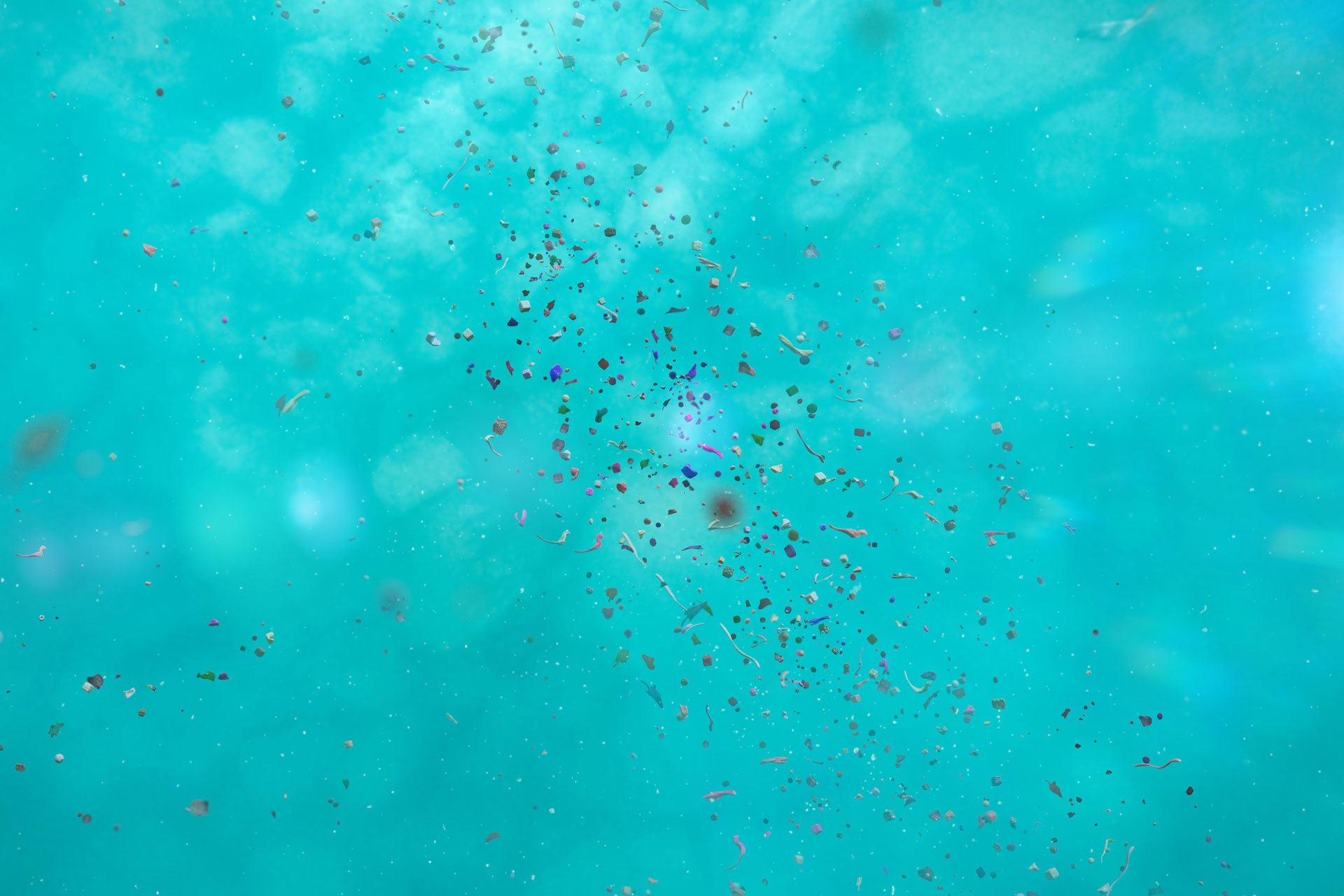
Getty Images
This is where Plastic Free July comes in. The campaign aims to increase awareness of plastic pollution and in turn helps millions of people around the world to reduce their plastic waste in their everyday lives – through resources, ideas and education. It encourages us to refuse single-use plastic during July by taking plastic-free challenges in order to create new habits.
Earthday.org is also championing plastic free living this year by calling for a 60 percent reduction in the production of all plastics by 2040, part of this year’s Earth Day theme: Planet vs Plastic. ‘We cannot vaccinate ourselves against plastics and their chemicals,’ says Kathleen Rogers, Earthday.org President. ‘We cannot decide not to inhale them or ingest them. We cannot avoid them. We can only reduce the volume of plastics produced.’
Meanwhile, Le Good Society has united a group of established and emerging artists for the fifth year to raise awareness around plastic pollution and Plastic Free July. Their outdoor art exhibition, seen by millions of people, hopes to create awareness of plastic pollution and the importance of the oceans, inspiring and reminding all who see it to take action, however they can, to live with less plastic.
Titled ‘Let’s Live With Less Plastic’, the exhibition is being showcased in New York’s Times Square and the Netherlands. Artists involved include: David Shillinglaw, Jasmina Zornic, Tia Grazette, Craig Keenan, Carl Cozier, Joain, Viktoriia Romanova, Harry Pack, i, Jboy, Gigi B and actress/stunt performer, Yolanda Lynes, known for her work in the Marvel movie, Black Widow.
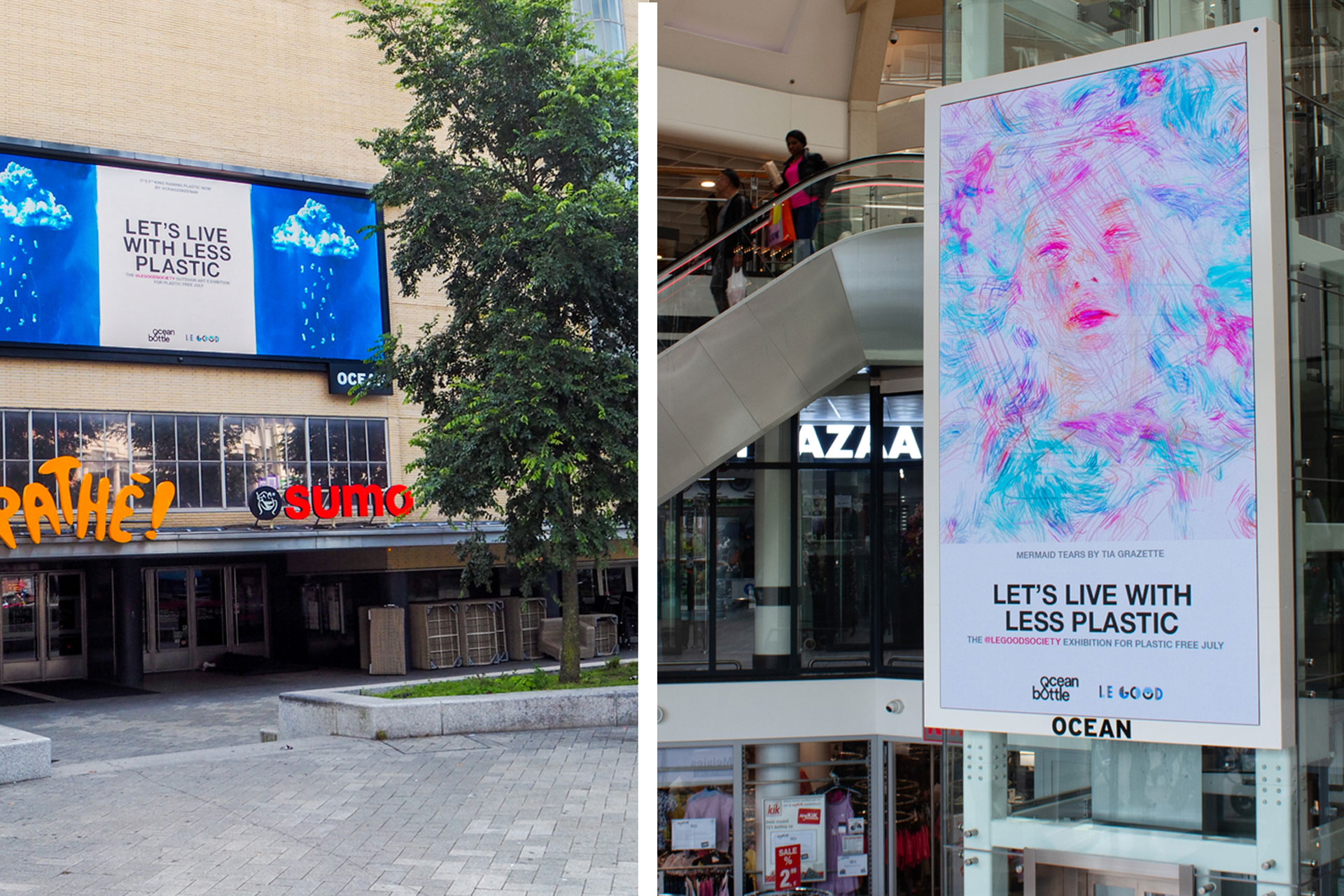
Having the art in public places for all to see is such a powerful way to transcend barriers, educate and start discussions around the plastic pollution crisis. Craig Keenan’s art juxtapositions a cloud with plastic bottle rain drops falling from it and is aptly titled, ‘It’s f**king raining plastic now’ – perfectly drawing attention to the issues surrounding microplastics and the utter disbelief concerning the lack of action around plastic pollution in general. The artist known as i, on the other hand, takes a closer look at the ownership of the natural world and the role that governments and corporations have played in creating and exacerbating this issue. Meanwhile, Jasmina Zornic’s typographic illustrations demand action and accountability around plastic pollution by using the famous slogans, ‘If not now, when?’ and ‘If not us, then who?’.
There’s a growing public demand for a solution. Three-quarters of people who answered a Reuters 2022 survey want to stop the sale of single-use plastic altogether and more than 180 nations are negotiating a UN treaty to regulate plastic and cut pollution.
The top five plastic items that pollute our oceans are plastic bags, plastic bottles, plastic food containers, cutlery, and plastic wrappers. This creates 44 percent of all plastic waste floating in our oceans which is higher than other waste, such as fishing nets and industrial packaging.
So: why not choose plastic free alternatives for everyday products to minimise your plastic usage and exposure to microplastics? Simple swaps like using a reusable shopping bag, water bottle and food container can really help. On top of that, research suggests that probiotic-rich foods like yogurt my counteract microplastic toxicity.
Easy Plastic-Free Swaps
Here are some of my favourite plastic-free products to help you to refuse single-use plastic this July and forever more.
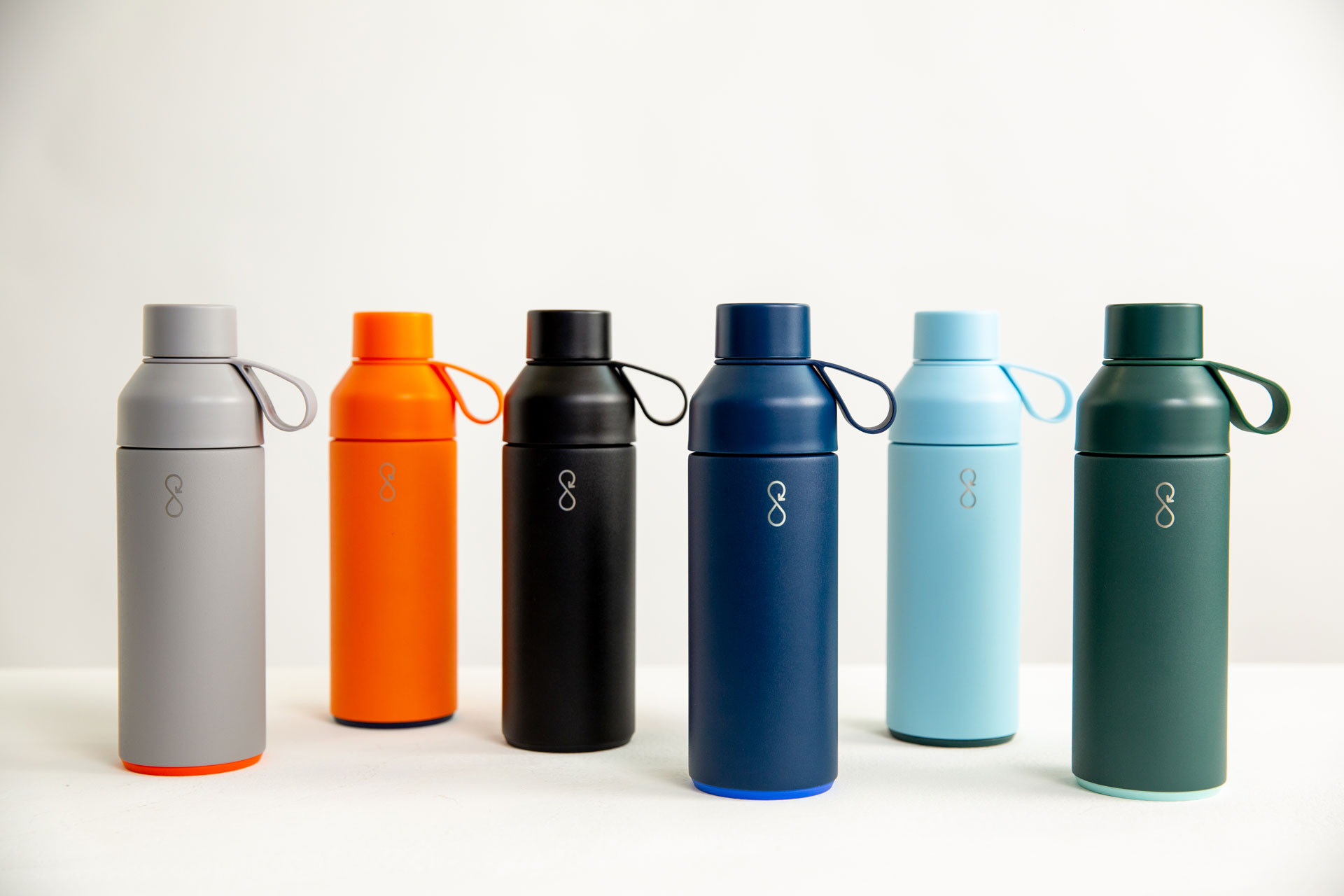
Ocean Bottle
Swap single use plastic for stainless steel with Ocean Bottle’s range of reusable water bottles and mugs. Made from 90 percent recycled stainless steel and double wall vacuum insulated materials, the award-winning Ocean Bottle, plus its cups and flasks, are also recyclable and partly made from recycled ocean plastic. On top of that, every Ocean Bottle sold funds the collection of 11.368kg of ocean-bound plastic – equivalent to 1000 plastic bottles. If you choose to use a reusable instead of a single-use item everyday, you could save an average of 150 plastic bottles and 450 disposable cups in waste being produced every year.
Hokan Bowls
The plastic free kitchen must have, these stackable ceramic bowls come in a selection of beautiful colours and are perfect for cooking, storing and serving food in – the perfect companion to support any zero waste and plastic free lifestyle. These bowls are designed in the UK specifically with the aim of reducing food waste and plastic. Use it to store your leftovers in the fridge, to heat up food or even eat from, the choice is yours.
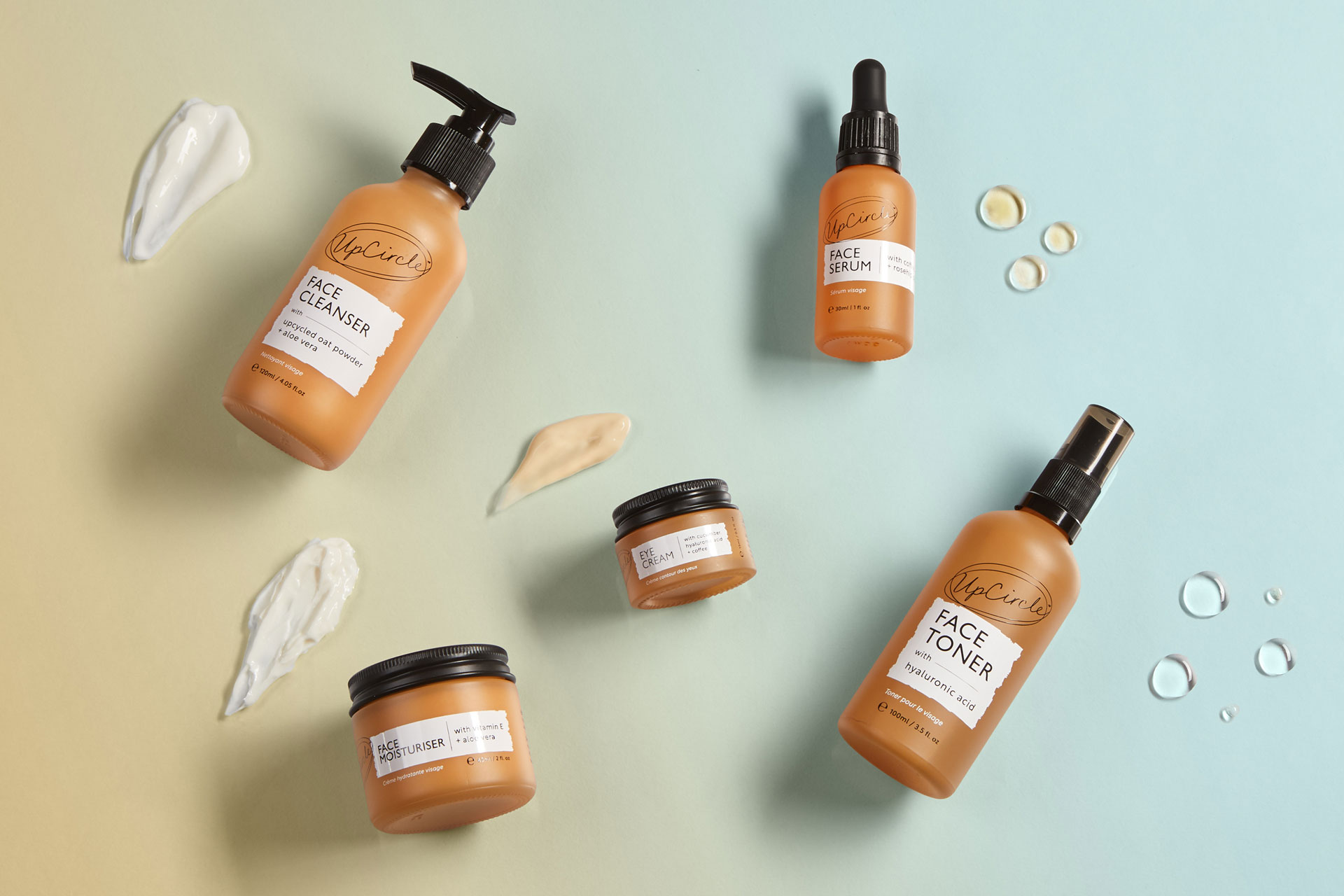
Upcircle
This is a family run company founded by brother and sister Anna and Will eight years ago. Cruelty-free, vegan and organic, the brand’s mission is to leave the world better than they found it by transforming ingredients that would otherwise be discarded into organic beauty products. Each product in the range sources and rescues by-products from other industries, such as the food and drinks industry. The Night Cream, for instance, upcycles blueberry seeds from the juicing industry for their pro-retinol benefits, which help to minimise signs of ageing, while their concentrated sulphate-free shampoo is made with 50 percent less water. It comes in a tiny glass jar, but provides three times the amount of washes. Upcircle is also 99 percent plastic free and offers plastic free refills. Certified plastic negative, the company collects twice as much plastic from the environment than the amount it uses, and has a popular packaging return scheme.
Tincture
Recent studies highlight the impact and effects cleaning products can have on our general health, wellbeing and our indoor air quality. Tincture uses the power of nature to clean and restore your home without the use of artificial or synthetic ingredients. All of its products are 100 percent natural, fully biodegradable, cruelty-free and made from sustainably sourced plant based actives, essential oils and botanical extracts. Emissions are offset via The World Land Trust Charity and glass bottle concentrate refillables are available for each of their products.
ecoLiving
Fully aware of the growing plastic crisis and refusing to accept waste as an inevitable consequence of how we consume and produce products, Jo decided to set up ecoLiving in 2014 to house and produce high-quality products that combat waste and plastic pollution, making plastic free living accessible to all. You can find everything from handmade soaps to plastic free deodorant and a great selection of plastic free cleaning and kitchen products. The company is carbon neutral, part of the 1 percent for the Planet scheme, vegan, GMO and palm-free, Fairtrade, and soon to be a B Corp certified company, with offices running entirely on renewable energy sources.

